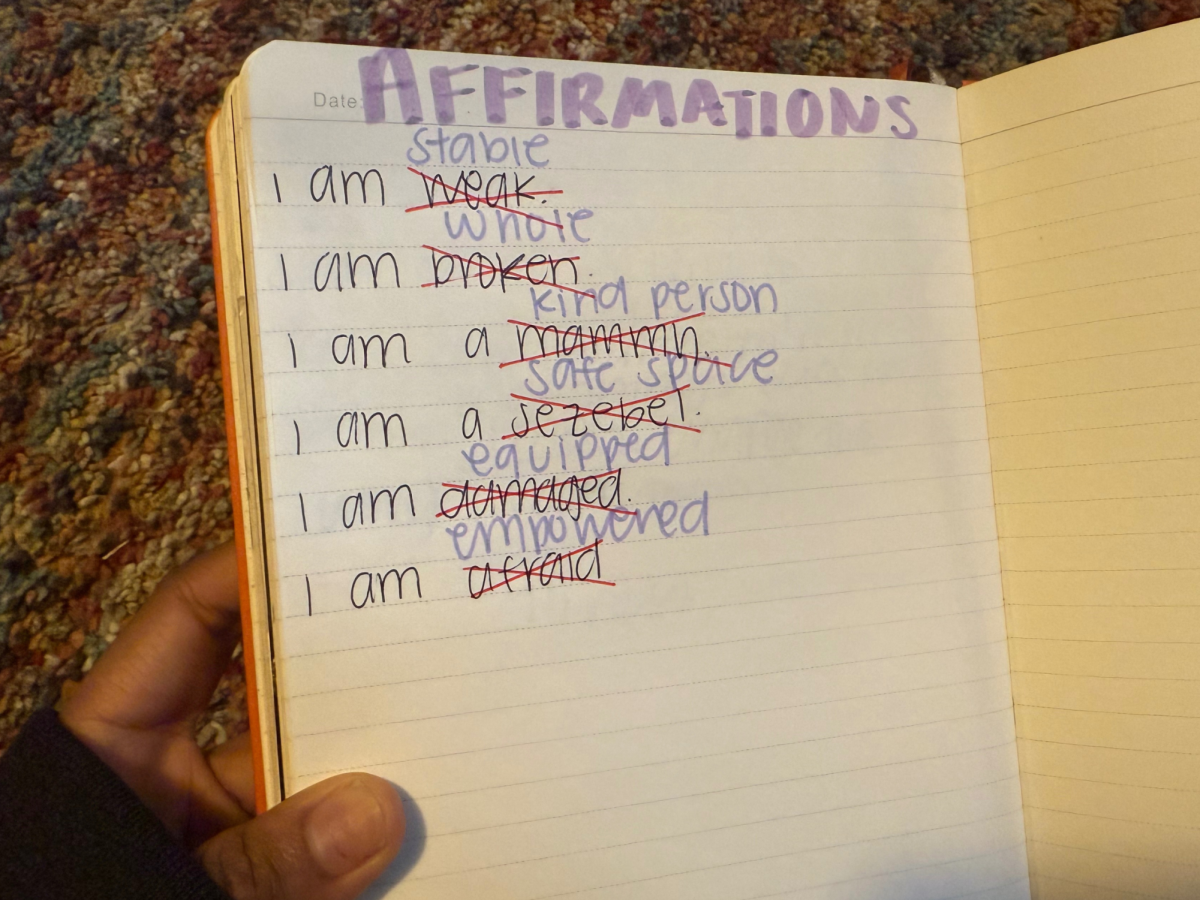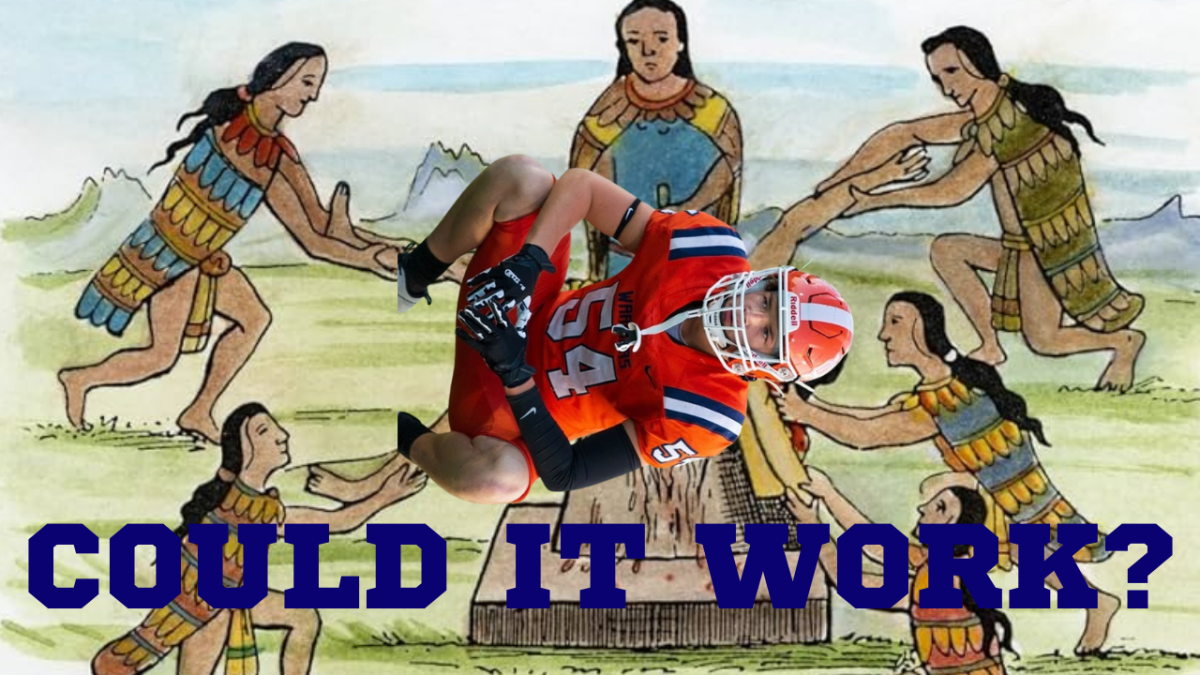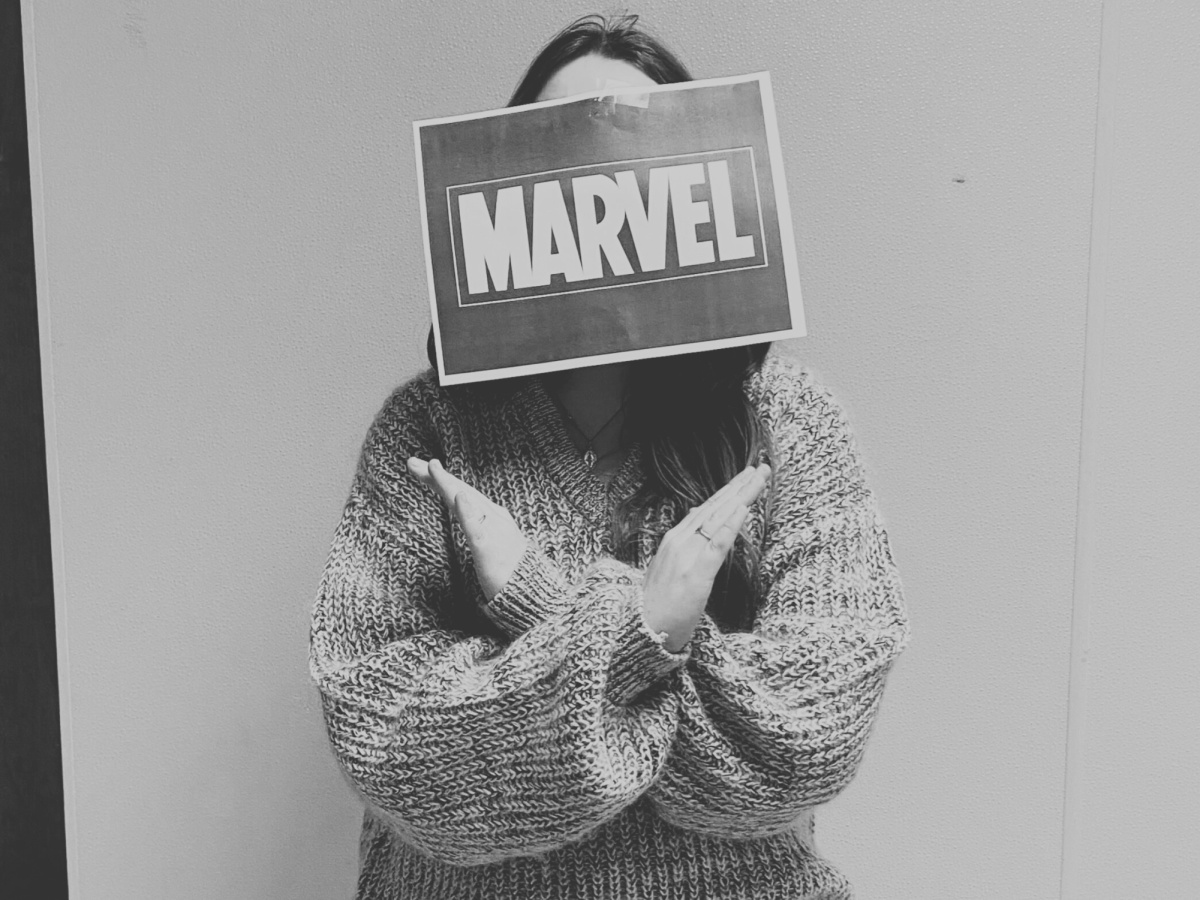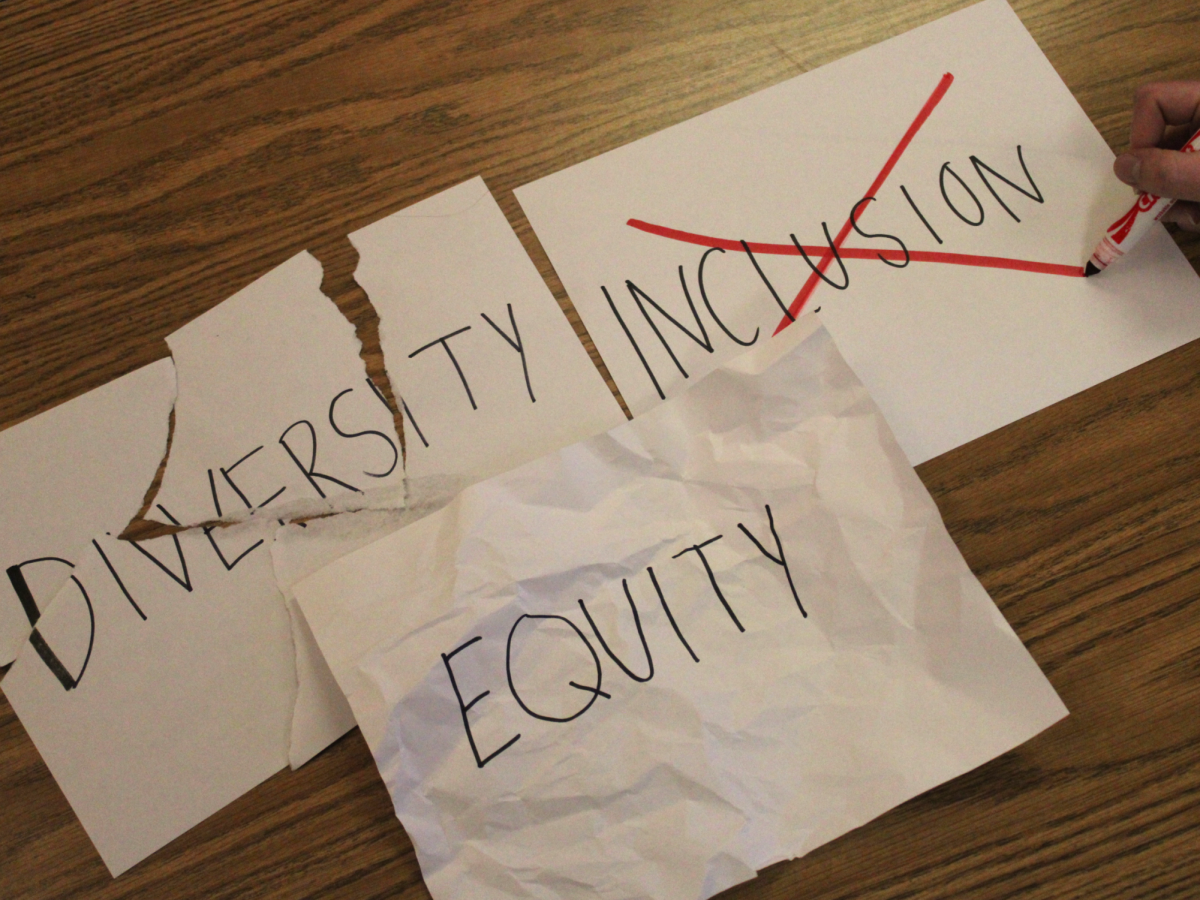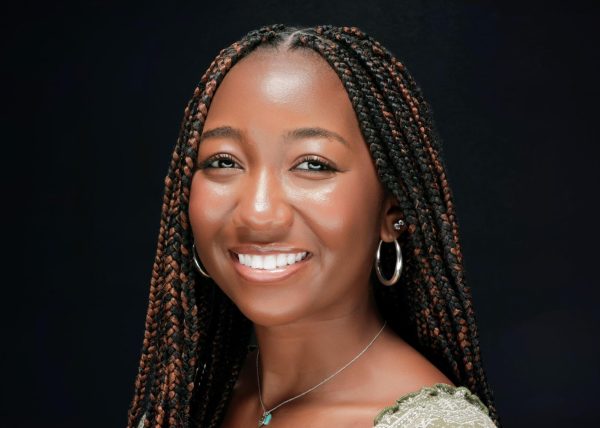From the Mammy to the Jezebel, Black women have faced the brunt of countless stereotypes within various spaces. Popular culture, media and even the workplace serve as breeding grounds for harmful rhetoric to run rampant, with Black women of any age, economic class or social status dealing with its repercussions. For current generations of young Black women, these damaging connotations associated with certain traits and characteristics served to attack their mothers, grandmothers and elders in the past. As society continues to evolve, and spaces become increasingly diverse, it stands essential for people of all walks of life to understand the negative side effects of stereotypes — as well as the complex histories behind them.
Opposition may claim that certain stereotypes applied to Black women may carry a seemingly positive connotation. For example, “The Strong Black Woman” seeks to provide a sense of empowerment, by showcasing Black women as independent, powerful figures capable of taking care of themselves and their businesses. The connotation associated with the word strong can cause audiences to believe that this stereotype emboldens Black women, and may even push them towards attaining success. However, this name-calling has ushered in damaging real-world implications.
“I definitely think that these strong Black women stereotypes are very harmful. We’re still human at the end of the day and there’s only so much that any one person can take. I think we start to buy into that stereotype and if we’re not necessarily strong in that moment or if we feel like we could’ve done more, we start beating ourselves up along with the rest of society and it’s just a perpetual cycle of self-destruction. I do believe that stereotypes often stem from a truth that’s been contorted or twisted and so I do believe that Black women are strong, but I think that should only be something to applaud Black women for — not to expect from them. I don’t think anybody should comment on the strength of Black women, but Black women themselves,” magnet senior Mikiyah Spotwood said.
According to Psychology Today, healthcare providers show less empathy and responses to pain toward Black women as opposed to their White counterparts. Similarly, healthcare providers may subscribe to the false idea that Black women do not feel pain as intensely, which also contributes to Black women not receiving pain medications as frequently. Believing that Black women do not need similar medical care or services based on stereotypes can contribute to high rates of maternal mortality, and cause disarray in Black families for generations.
Intergenerational trauma serves as a perfect foil for how the struggles of the past can impact societies of the future. According to Healthline, intergenerational trauma refers to any suffering or anguish passed down through different eras of one’s family or community. This phenomenon can impact romantic relationships, friendships, sense of self, communication tactics and mental health. Through the historical implications of colonization, genocides and discrimination, intergenerational trauma can negatively impact the outlook Black women have for themselves and their communities. The roots of these traumas showcase effective breeding grounds for popular stereotypes that seek to demean Black women. For example, the aforementioned Jezebel stereotype emerged to hypersexualize Black women, and showcase them as subordinate sexual figures to White men and encourage a culture of sexual abuse. Although the term may not receive the same use nowadays, its impact remains; according to a study conducted by Psychology of Women Quarterly in 2018, Black women faced an increased degree of over-sexualization compared to White women.
The impacts of systemic racism play a significant role in the trauma placed on Black women. Unequal opportunities for professional or educational success have contributed to stress; Black women still earn $0.64 for every $0.77 attained by White women in the workforce. For Black women in positions of service or caretaking — where the mammy stereotype emerges from — their roles do not receive the same respect in comparison to other racial groups. The harmful nature of structured discrimination has emerged in various forms since the Reconstruction policies of the 1860s or the Jim Crow Laws in the 1950s. Now, with certain federal protections under fire that keep Black women safe from prejudice, it remains important for all audiences to acknowledge how harmful stereotyping comes across. For children of individuals who suffer from significant trauma, the consequences can cause severe harm; aggressive behaviors, suicidal tendencies and substance abuse all represent dangerous side effects for youth.
As of 2023, Black people comprise 33% of the Georgia state population. That percentage represents mothers, grandmothers, sisters, aunts and cousins who may harbor feelings of distress and affliction over situations of the past, and who do not own the resources necessary to deal with how they feel. To adequately serve generations of Black women of any age, safeguards must exist to provide support, inclusion and protection. Therapy represents an impactful tool that can address various facets of generational trauma. Family-based or cognitive therapies tackle the roots of emotional turmoil, and can similarly boost the importance of collectively navigating distress. Healing also manifests itself through forgiveness — both of oneself and the situations they have experienced — to pave the way for compassion and inner peace. Black women also own the unique tool of the 988 dialing code to help in the event of any harmful thoughts emerging. Access to an engaged, understanding individual at all hours of the day can provide a sense of comfort to anyone struggling with depression over the impacts of their generational trauma, and serve as a sounding board for potential concerns.
“I think that self-care and community play a big role in addressing this trauma. Self-care is as simple as saying no for a lot of black women. It’s as simple as knowing when something is not our fight. The community looks like people letting us be “ weak”, let it be soft and feminine and not always in fight mode. I think that if we address that we are simply just human and the community around us also really take that in and address it then we’ll stop feeling so much pressure and will be able to start breaking down that stigma,” Spotwood said.
Above all else, Black women must lean on the communities that surround them for a secure support system. Understanding the essential nature of self-care practices can embolden Black women to create safe spaces for one another, and represent pillars of trust. In the face of dangerous stereotypes and the generation cycles that have created them, the future lies in the hands of the youth to create secure spheres of self-love and care.





